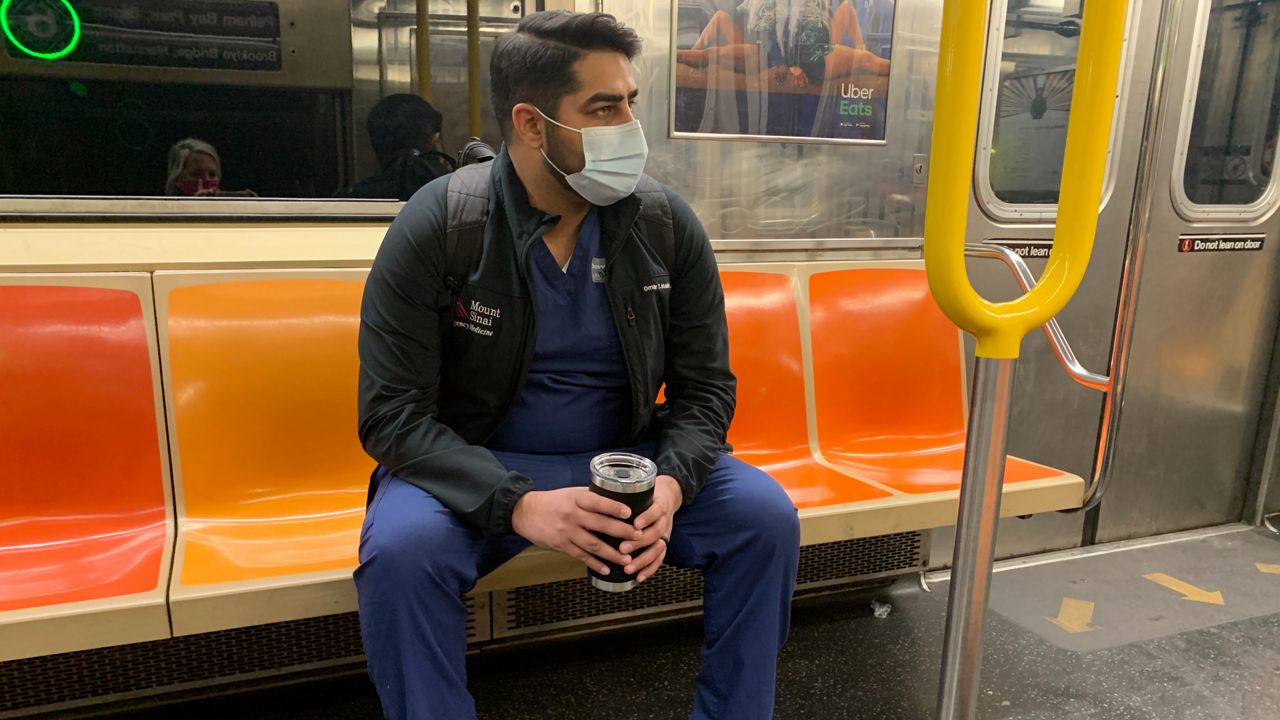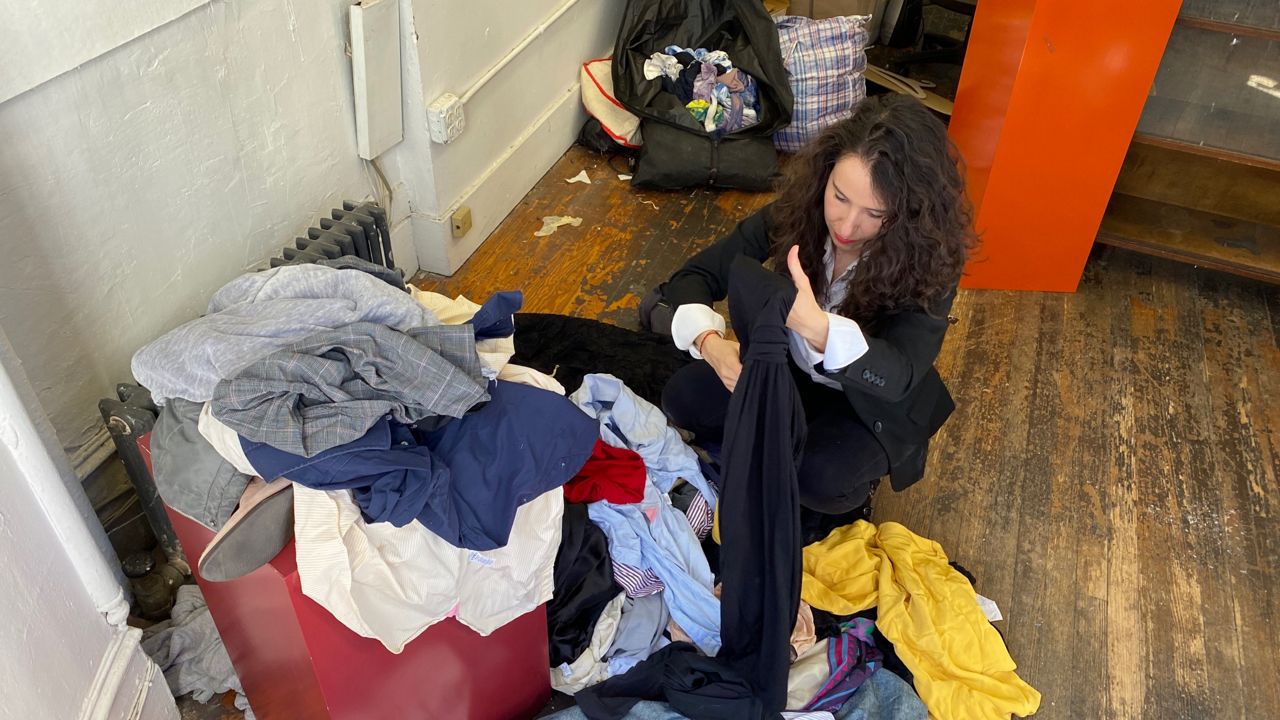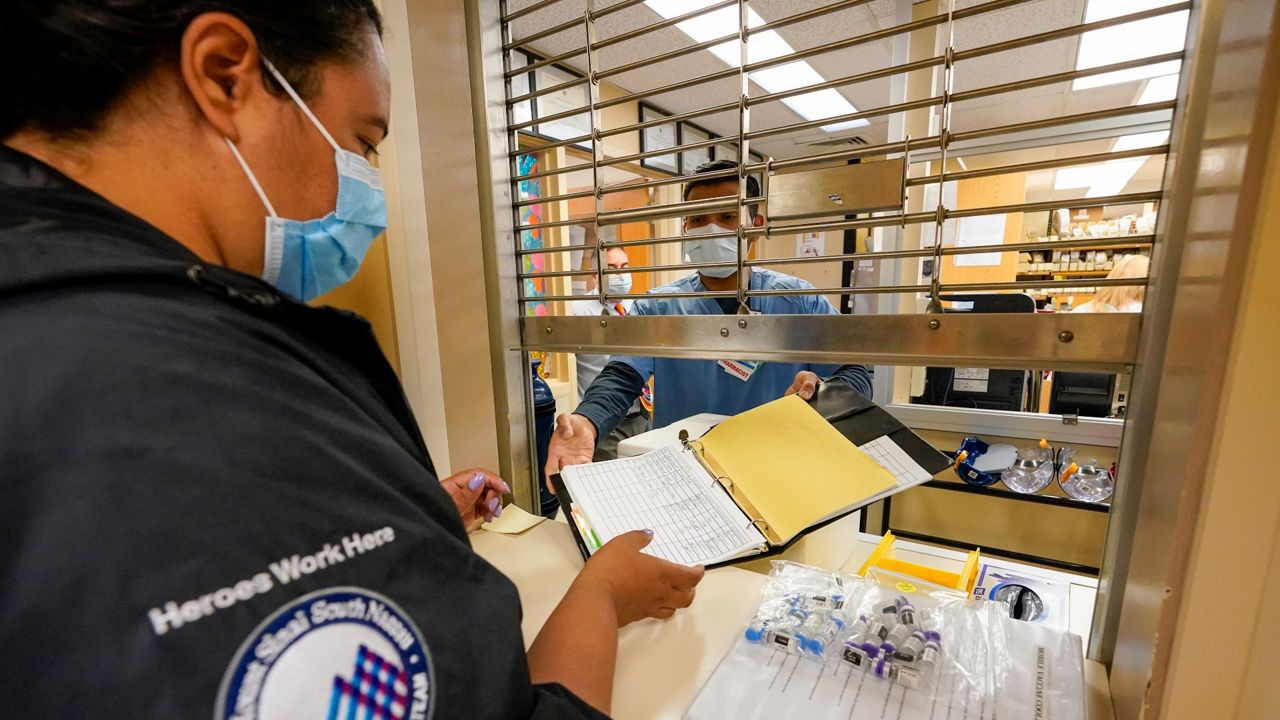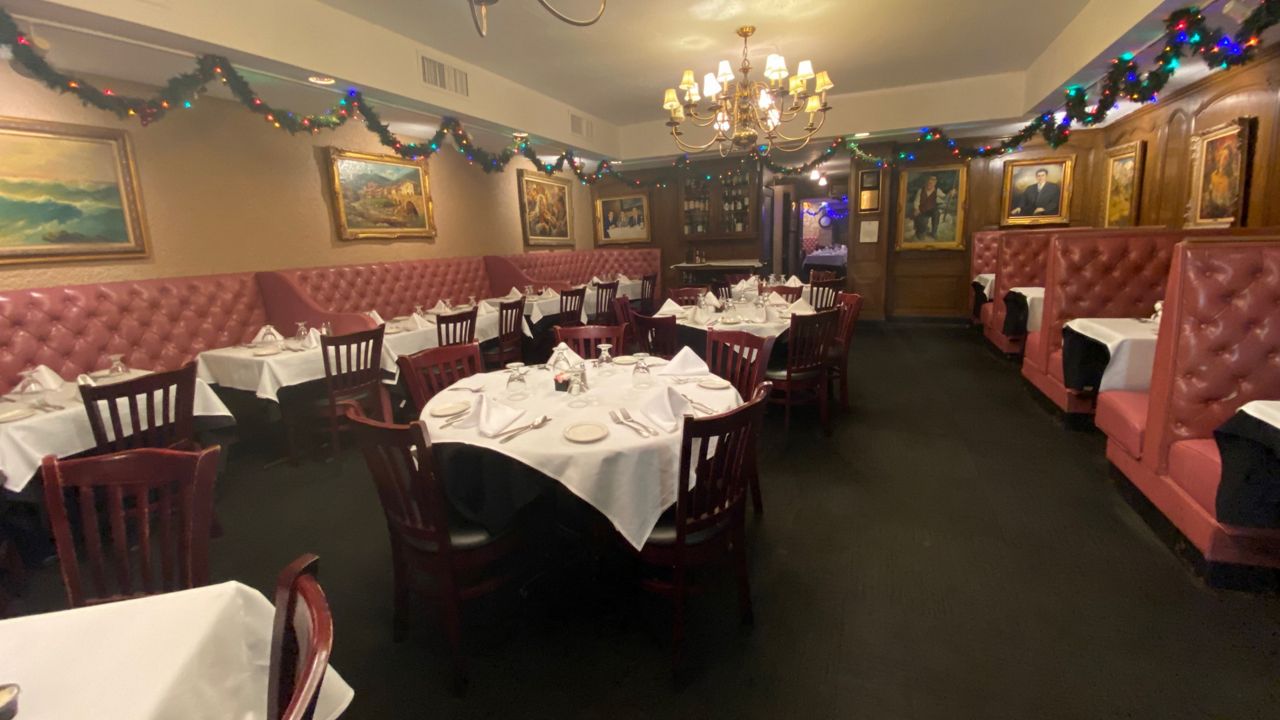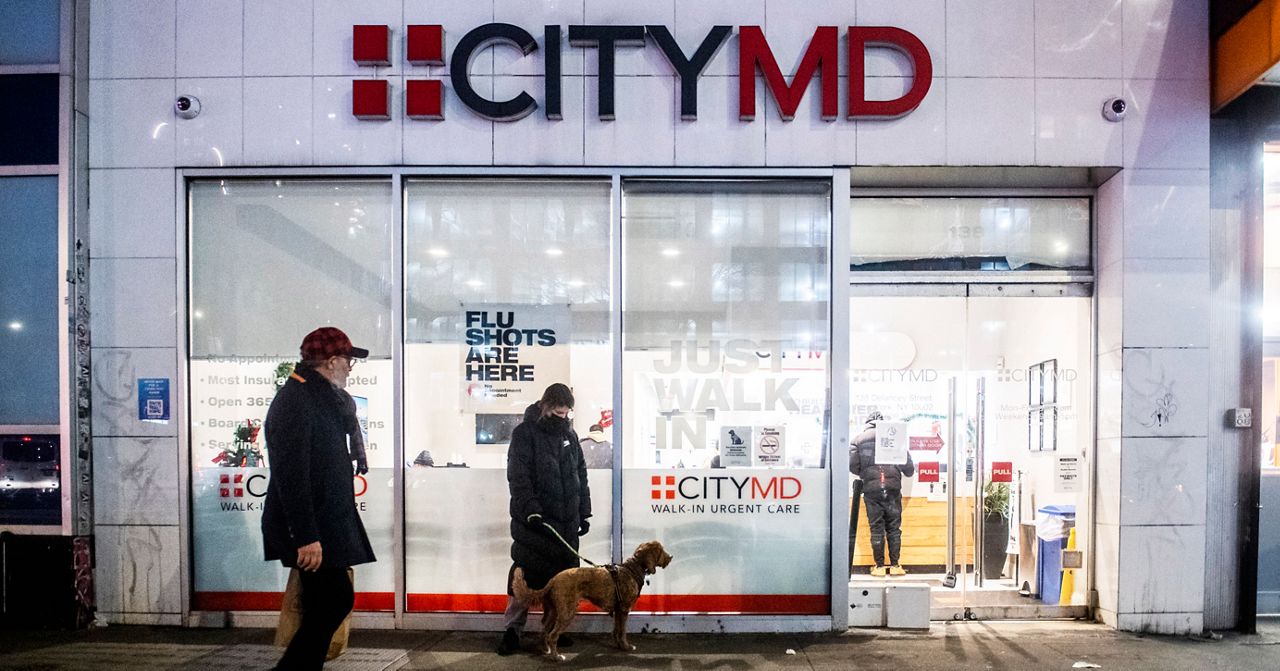When Dr. Omar Maniya prepares at home for his evening shift in the emergency room at Mount Sinai Medical Center, coffee is first on his list.
“You never know how crazy the day will be,” he says.
Maniya worked shifts at both Mount Sinai and Elmhurst Hospital Center during the height of the pandemic. He is more hopeful now than he was then.
“We’ve learned so much about the virus. We actually have treatments now that save lives,” Maniya says.
He is excited about the COVID-19 vaccine being approved. He hopes everyone who can will get vaccinated.
“The most common side effect is a few days of a flu-like illness. Which, by the way, is way better than COVID,” Maniya says.
Maniya knows this first hand. He had the virus back in March. He says it felt like the worst flu he’s ever had.
He couldn’t get off the couch for a week. He’s since made a full recovery.
Now, his commute to work is his moment of zen.
"The second you walk into an ER, it’s controlled chaos," Maniya says. "There’s alarms blaring and, you know, a patient may be in pain and screaming. There’s all these people and all this activity. So I like to just be off until I walk in, and 'boom!' Then I turn on."
Beyond a place where lives are saved, the emergency room is the grounds for important research about the virus. For example, a new study shows that of nearly 12,000 COVID-19-positive patients treated at five ERs across the city, some of the chief complaints included gastrointestinal issues, poor blood sugar and weakness.
“COVID can present with a variety of symptoms. It’s not just fever. It's not just cough. It’s not just shortness of breath,” said Maniya. “We should treat everyone as if they’re carrying this virus. That’s the only way to prevent it from spreading.”
While nothing will compare to his caseload back in the spring during the height of the pandemic, the emergency room is getting busy again.
“Wow. It was a day. Saw maybe 30 patients or so. I think 11 or so had COVID,” said Maniya, in a video diary he recorded in the emergency room for NY1. “Interestingly, two of them said they think they got it at Thanksgiving when they were with larger groups of people.”
But for this resident physician, working in the emergency room during the pandemic has allowed for invaluable training that he says will prepare him for anything a career in medicine throws his way. He just hopes people will heed the warning to stay home to keep the hospital systems from being overloaded once again.


